Recommended Charity Fund: Six-Month Update
By Animal Charity Evaluators @ 2021-08-02T23:57 (+10)
This is a linkpost to https://animalcharityevaluators.org/blog/recommended-charity-fund-six-month-update-july-2021/
In January, thanks to generous donor support of ACE’s Recommended Charity Fund, we were able to distribute $981,767 to our Top Charities and Standout Charities. Each organization has provided us with an update on how they’ve used their grant to help animals, and we’re excited to share their achievements.
By making a gift to our Recommended Charity Fund, you will support multiple effective charities working around the globe to reduce animal suffering. Much of the inspiring work outlined below would not be possible without funding provided by ACE’s Recommended Charity Fund. Thank you!
Top Charity Updates
Wild Animal Initiative (WAI)
$110,448.79 grant
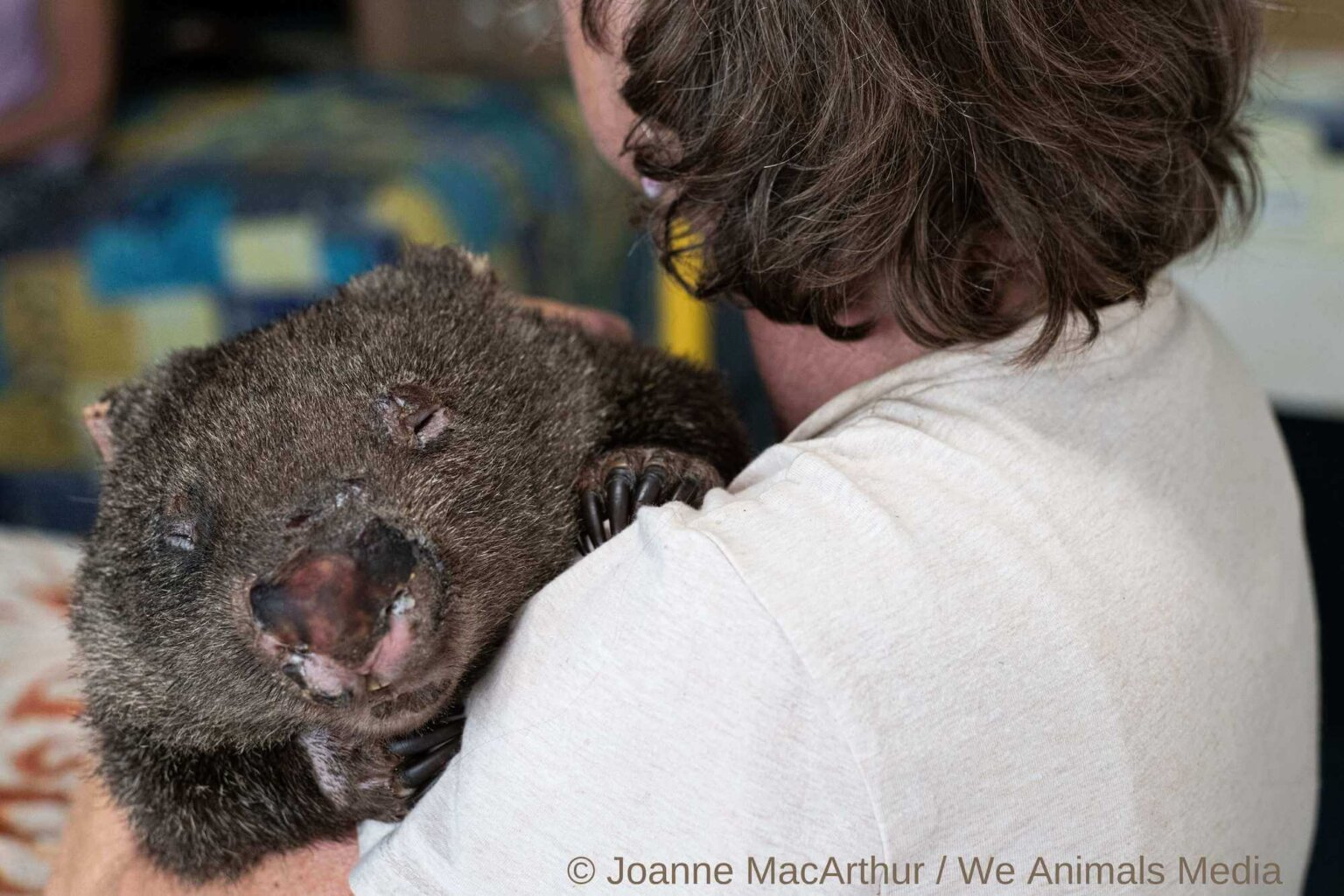
- In its recent feature on wild animal welfare, Vox observed, “Wild Animal Initiative is a very small group, but it’s growing fast.” WAI is calling attention to wild animal suffering, broadening support, and funding the expansion of programs.
- In their first call for research proposals, they pledged to support scientists researching juveniles—one of the most numerous, yet neglected classes of wild animals.
- In collaboration with an agricultural epidemiologist, WAI built upon the history of screwworm eradication to model the effects of parasite removal.
- Advocates rallied to crowdfund research on a South American seabird epidemic, winning a challenge grant for the WAI-backed project.
- WAI convened a working group of postdoctoral researchers dedicated to wild animal welfare—WAI provides advice on career progression while the researchers advise WAI on novel approaches to supporting young scientists.
- After learning a major city in the American West was considering using contraception to manage prairie dog populations, WAI corresponded with several city wildlife managers who expressed interest in hosting field trials on municipal land.
- WAI discussed the science and ethics of wild animal welfare at Animal Aid’s Invasive Species Week, Princeton University, Northeastern University, and Effective Altruism NYC.
- Biological Reviews published the article “The importance of considering age when quantifying wild animals’ welfare,” which proposes a simple framework for quantifying wild animal welfare at a population level.
- In a public comment to the U.S. Environmental Protection Agency, WAI advocated for research on indirect wild animal welfare effects before re-registering pesticides.
Albert Schweitzer Foundation (ASF)
$110,448.79 grant
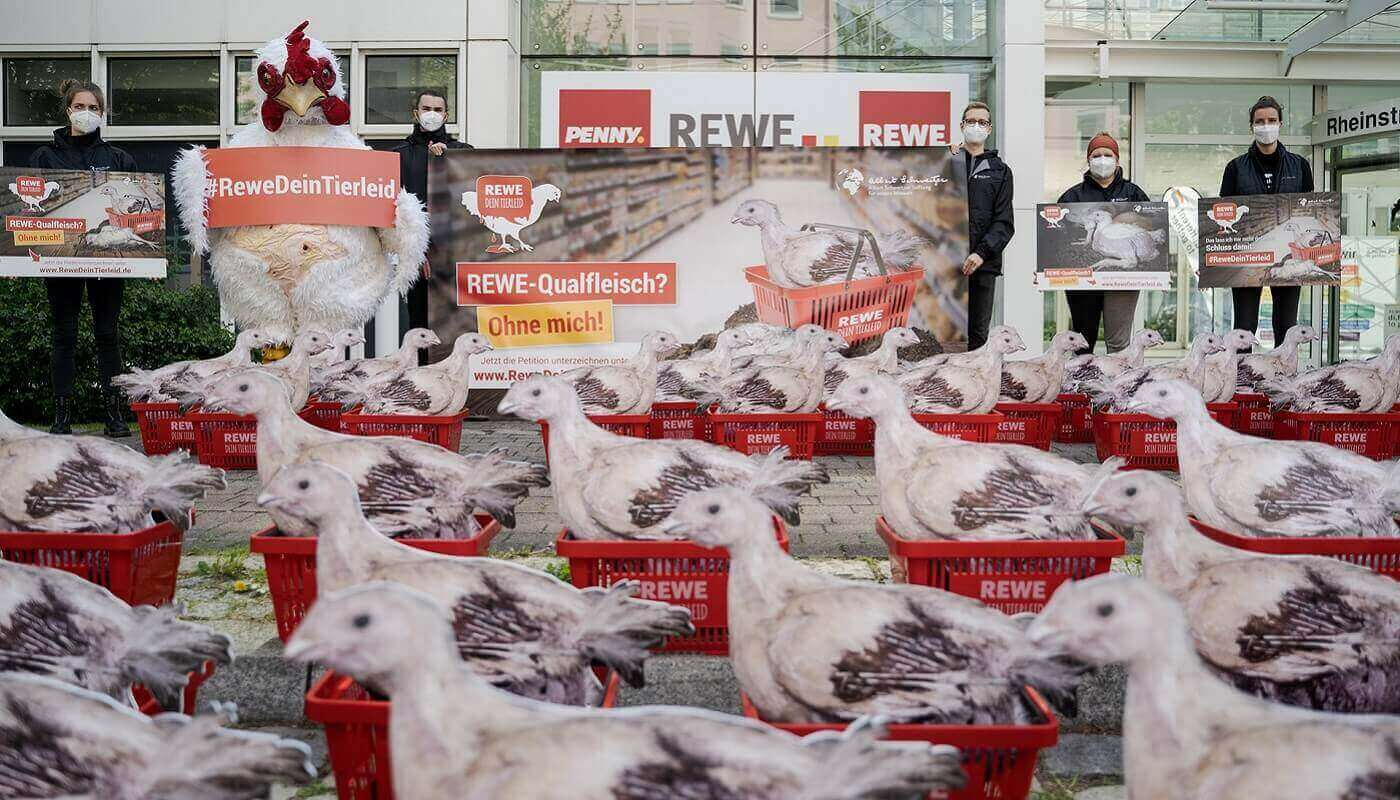
- After joining the European Chicken Commitment (ECC) last November, the food retailer Aldi announced that it will only sell meat from cows, pigs, chickens, and turkeys who are kept under higher animal welfare standards. This change will be implemented by 2030 in Germany. Other food retailers are following Aldi’s lead and aim to do the same. This is a major success and will entail a massive restructuring of the animal agriculture industry in Germany.
- In addition, ASF was able to convince eleven more companies to join the ECC. These include four supermarkets and three student service organizations, which run the dining halls of their cooperating universities.
- To get Germany’s second-largest food retailer to join the ECC, ASF launched its biggest campaign yet. With high-profile online and offline actions and critical outdoor advertising, ASF is calling for higher animal welfare standards for chickens raised for meat. An animated video is also part of the campaign.
- To support bakeries in Germany to expand their vegan product offerings, ASF published a Vegan Guide for Bakeries. The digital booklet has been distributed to thousands of artisanal bakeries and confectionaries all across Germany and is available to download for free.
- In the last six months, after discussions with ASF or their partner organizations in the Open Wing Alliance, three other companies, including Hard Rock Café, have decided to stop using eggs from caged hens.
- Outside of support from the Recommended Charity Fund, ASF is enthusiastic about two significant successes. First, their cage-free initiative has resulted in only 6% of chickens in Germany still living in cages. Second, through extensive collaboration, The European Citizens’ Initiative “End the Cage Age” has led to the EU Commission wanting to ban cage farming in Europe by 2027. This is a true milestone for animal welfare!
The Good Food Institute (GFI)
$110,448.79 grant
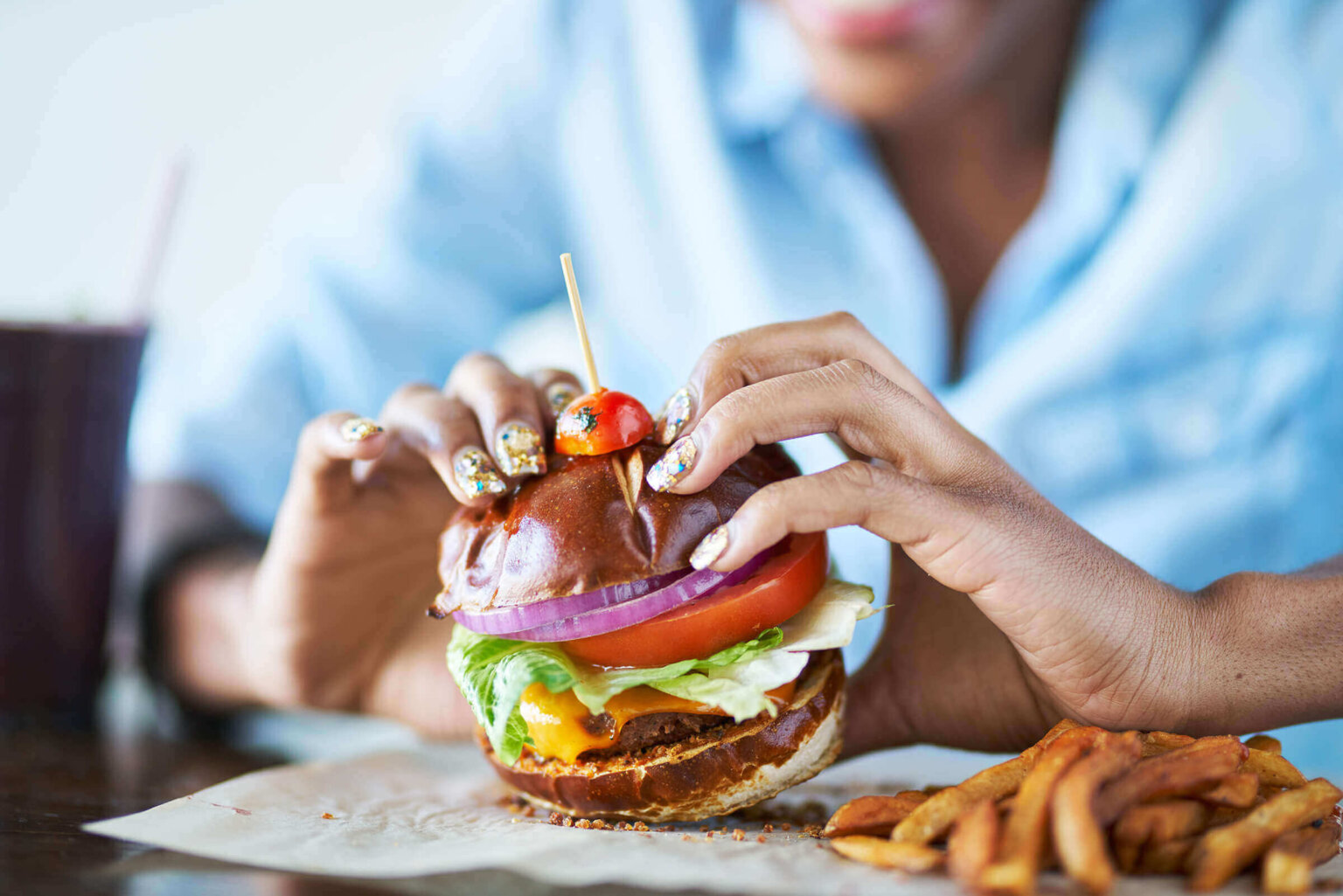
- In February, Bill Gates’ Breakthrough Energy released their federal policy recommendations. These include support for plant-based and cultivated meat research and development (R&D), and private sector incentives for R&D and manufacturing. GFI created those recommendations, and Bill Gates gave credit to GFI via LinkedIn for championing “concrete, practical solutions that give consumers choices while limiting emissions.”
- In March, GFI released the world’s first-ever Life Cycle Assessment and Techno-Economic Analysis for cultivated meat that involved significant industry participation. More than 15 companies participated (under a nondisclosure agreement), plus Singapore’s government science agency.
- Also in March, GFI worked with ClimateWorks Foundation and Climate Advisers to release a policy brief focused on the importance of alternative proteins in reaching Paris Agreement climate targets. The groups presented their recommendations to the U.S. State Department.
- In April, GFI SciTech VP Liz Specht and President Bruce Friedrich appeared on Sam Harris’s “Making Sense” podcast. Harris was so impressed with the episode that he removed the paywall.
- Ezra Klein used his influential NY Times column to argue in favor of federal funding for alternative proteins. He quoted Bruce Friedrich and linked to GFI’s $2 billion proposal to the Biden administration.
- In June, GFI Israel organized an invite-only Alternative Protein Leaders event. The Minister of Innovation, Science and Technology declared that she would “work to increase academic scientific research and strengthen important infrastructure.” The CEO of the Israeli Innovation Authority declared that he would “do everything possible to promote Israel’s leadership in the field of alternative protein.”
- The Good Food Conference 2021 planning is in full swing! This year’s conference will be held virtually on September 22–24. Save the dates and sign up for updates here.
The Humane League (THL)
$110,448.79 grant
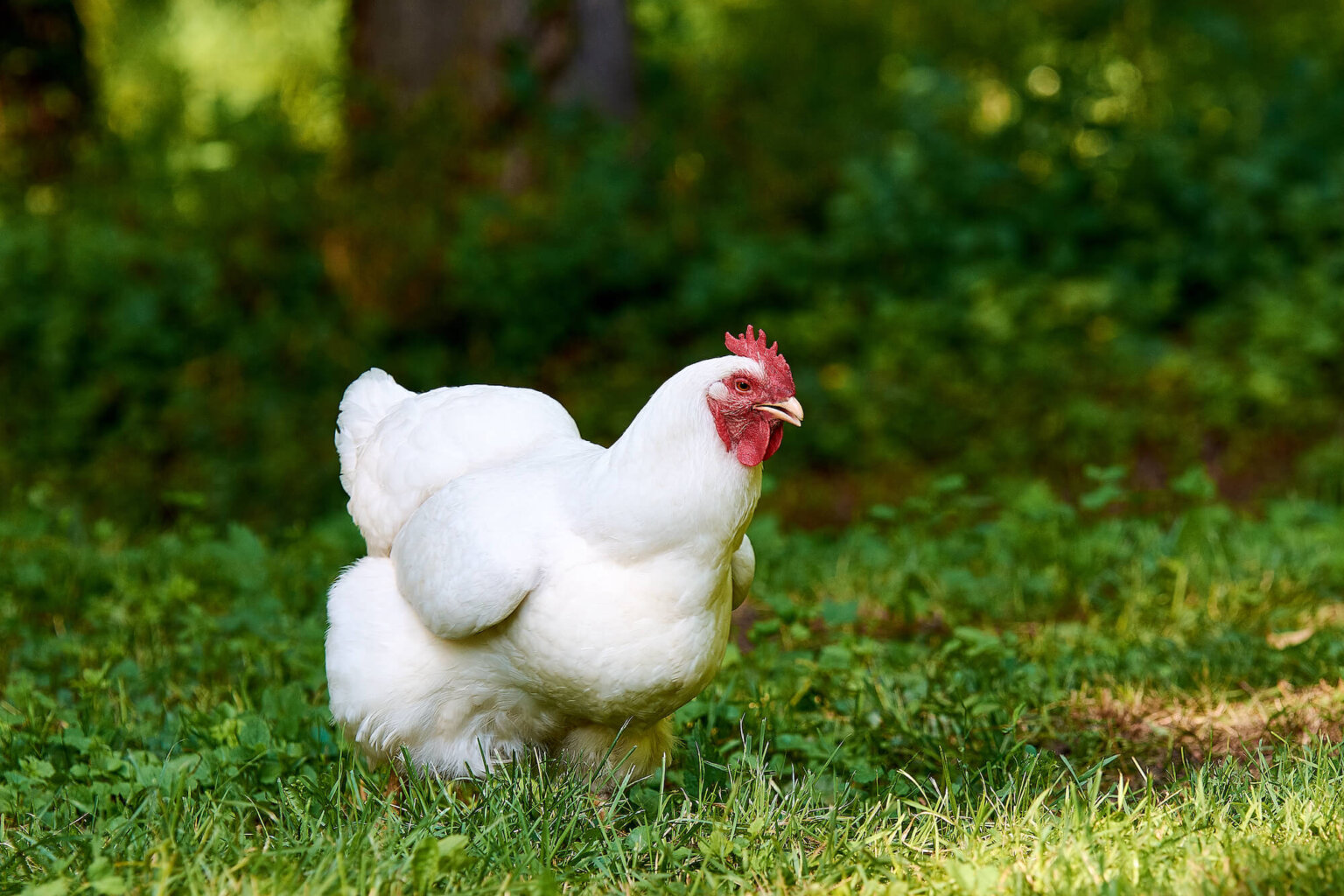
- In the U.S., THL secured commitments from five companies, including Cici’s Pizza and Papa Murphy’s, to eliminate some of the worst and most widespread abuses of chickens raised for meat. In the U.K., THL won nine new chicken welfare policies including Taco Bell, TGI Friday’s, and Burger King—which has more than 500 U.K. locations alone.
- THL works to hold companies accountable for their cage-free commitments. In the U.S. more than 96 million hens are now free from cages—an increase from under 10% to over 30% since their work began. Globally, 85% of companies who committed to go cage-free by 2020 completed their transition, according to a report from the Open Wing Alliance (OWA).
- The OWA distributed over $1.4 million in grants to 38 groups on six continents to advance their work for chickens. It identified five new grantees across Asia and Africa—both high-priority but underrepresented regions.
- THL UK released a research report on effective messaging to build public support for fish, and will use the findings to lobby the U.K. government to protect fishes at slaughter.
- THL Labs published two new studies: “Interventions to reduce meat consumption by appealing to animal welfare,” published in the journal Appetite, found that information about animals’ poor welfare on factory farms likely reduces people’s meat consumption; and “Milking It: Exploring the impact of plant-based milk in the US,” which found recent declines in dairy milk are only partially attributable to substitution with plant-based milks.
Standout Charity Updates
Vegetarianos Hoy
$59,996.87 grant
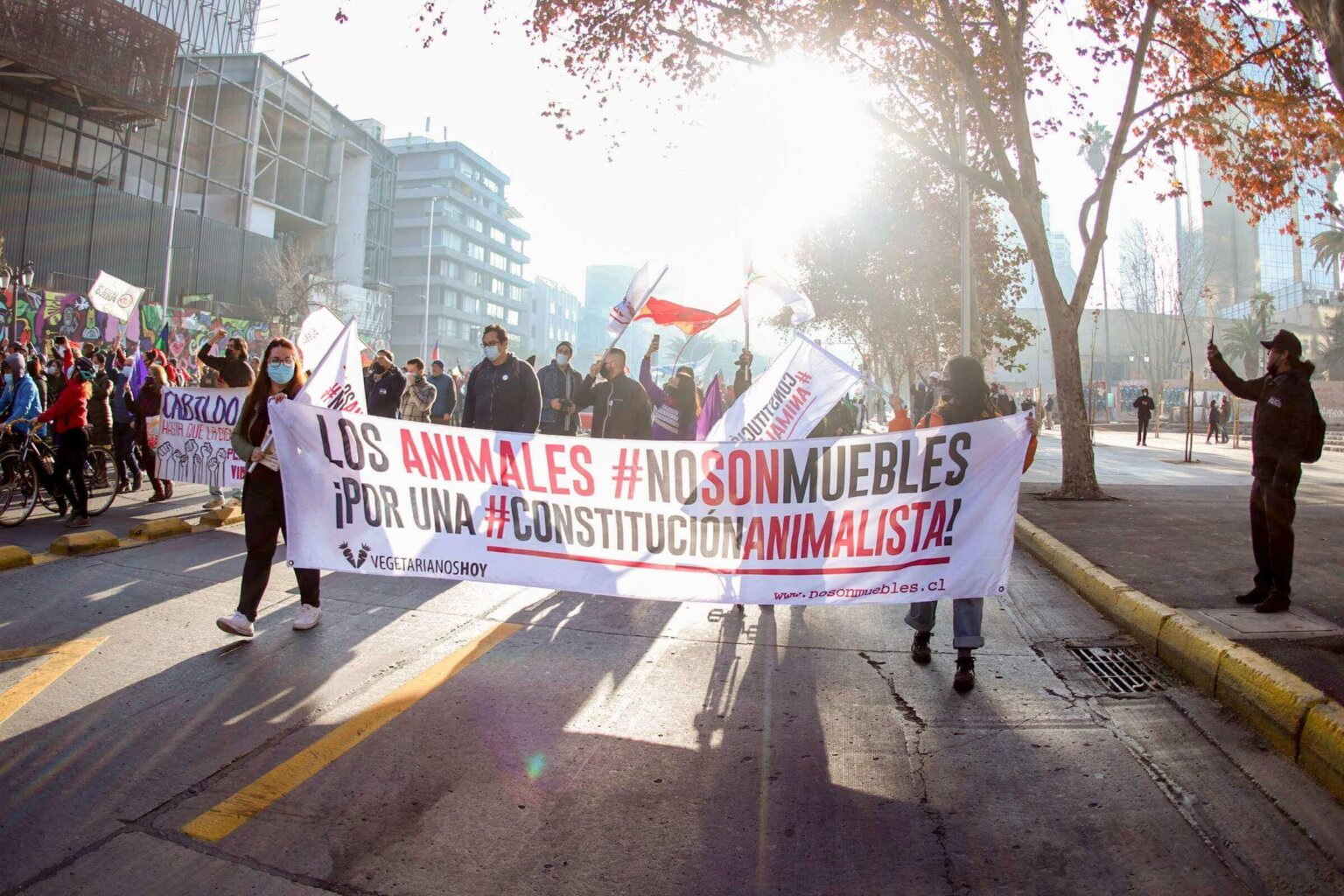
- This year, Vegetarianos Hoy has strengthened their legislative work, maintained their vegan advocacy programs, and started working in Argentina.
- In May 2021, Chilean voters elected 155 members to sit on the newly established Constitutional Convention, which will be responsible for re-writing the Chilean Constitution. As a part of the No Son Muebles campaign, Vegetarianos Hoy wrote a proposal to include animals as sentient beings and ensure their protection in the new Constitution. Before the election, 505 of the candidates for election (or 35% of all candidates) signed the No Son Muebles petition. After the election, 64 elected members signed the petition, representing 41% of the Constitutional Convention in favor of the No Son Muebles campaign. The campaign had notable press coverage, even in the printed conservative newspaper El Mercurio.
- Through their Menú por el planeta program, Vegetarianos Hoy advocated for initiatives related to food policies in Chile to educate the population, reduce the state’s purchase of animal products, and encourage the purchase and consumption of plant-based products. Three initiatives were presented: two resolutions and one bill. The resolutions seek to have a pronunciation from the chamber of deputies and senators on an issue of public interest, making recommendations directly to the President One of the resolution bills was approved after only a week with 88% of votes in its favor.
- During May, Vegetarianos Hoy launched their informative campaign Individuos No Toneladas (Individuals not Tons), which highlights the fact that aquatic animals are not even considered individuals—they are counted in tons. The organization also became members of the Aquatic Animal Alliance (AAA), an initiative of the Aquatic Life Institute (ALI).
- In Colombia, Vegetarianos Hoy worked with Sierra Nevada, a food chain with over 14 restaurants to launch their first vegan option—a 100% plant-based hamburger.
- With their Veggie Challenge, Vegetarianos Hoy secured approximately 25,000 sign ups. They also participated with software company Oracle Latin-American in an activity about the environmental impact of food systems and dietary choices, and cooked vegan ceviche with over 200 participants from different countries.
Essere Animali
$59,996.87 grant
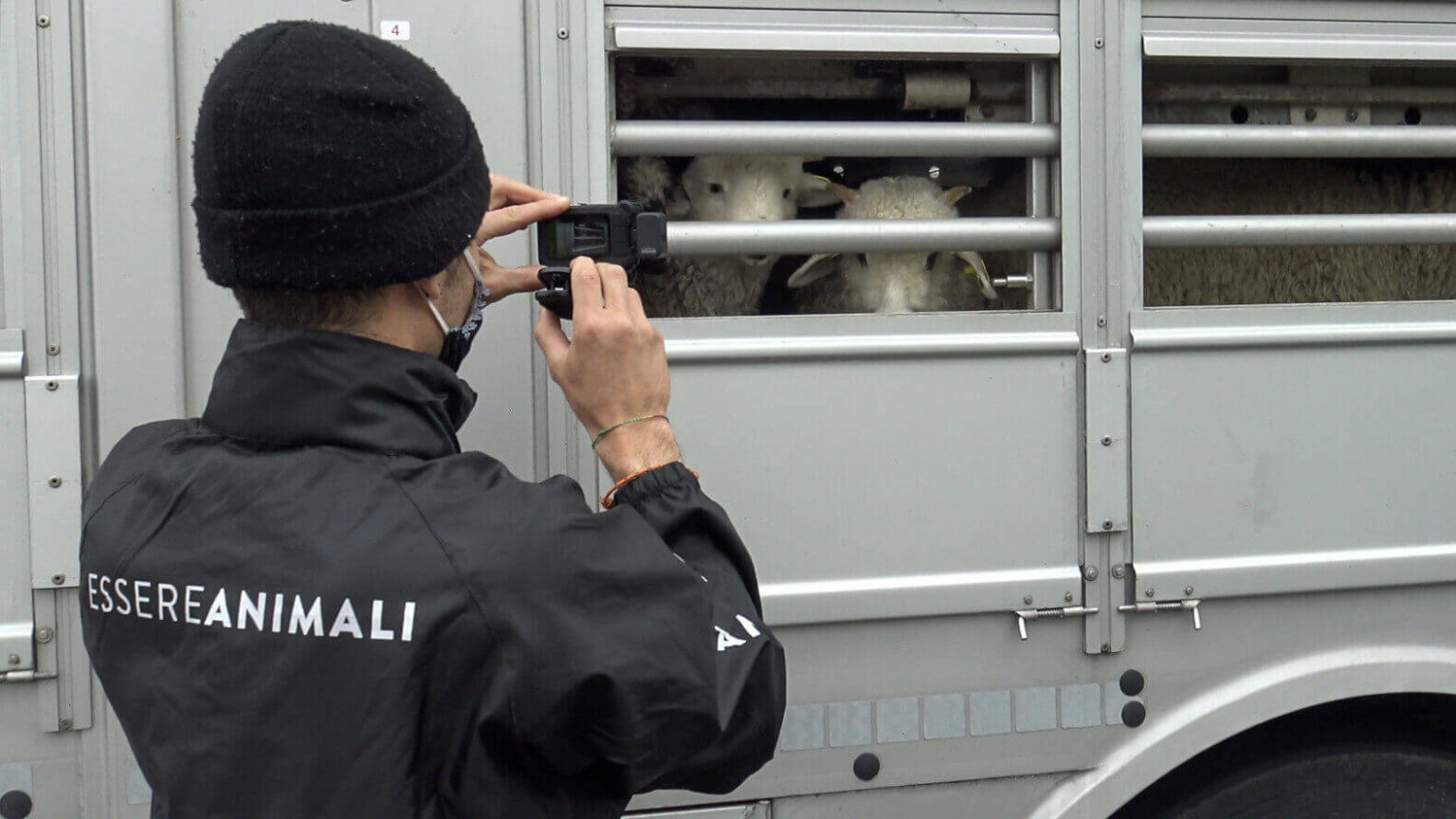
- Essere Animali has published two new undercover investigations: cruelty in two pig farms supplying renowned certified ham, and an investigation in greek fish farms. The footage from both investigations was shown on national TV, seen by a total of six million Italians.
- Their investigators spent 30 days undercover and filmed 23 different farms and slaughterhouses.
- Essere Animali collaborated with journalist Sabrina Giannini of Rai national TV, bringing her inside farms for an in-depth report on factory farming and zoonosis, watched by over one million Italians.
- Before Easter, their investigators filmed and checked the transport conditions of lambs directed to Italian slaughterhouses from abroad. Their team traveled 2,500 kilometers, working with police to enforce controls in trucks.
- For World Ocean Day, an entire metro station in the city centre of Milano was covered by their oceans campaign for a week. Essere Animali also created a website with information on how to have a positive impact on the oceans by eating less or no fish. Iper la Grande i, the last supermarket selling foie gras in Italy, finally adhered to Essere Animali’s campaign. As a result, all Italian retailers are now foie gras-free.
- With investigations and campaigning, they contributed to the Italian government putting a halt to mink farming for 2021 and a Minister recently joining the ask for an E.U. ban.
- Their MenoPerPiù (Less animal protein—More sustainability) program entered many companies, training more than 65,000 workers on why and how to eat less meat and animal proteins. Essere Animali is also working to reduce the presence of meat in their canteens.
- VegWeek had more than 20,500 participants and most of them (86%) say they will continue eating plant-based after this experience.
- Essere Animali helped to publish the Italian edition of How to Create a Vegan World by Tobias Leenaert and will host events for activists in the next months to build a more strategic and effective movement.
Anima International
$59,996.87 grant
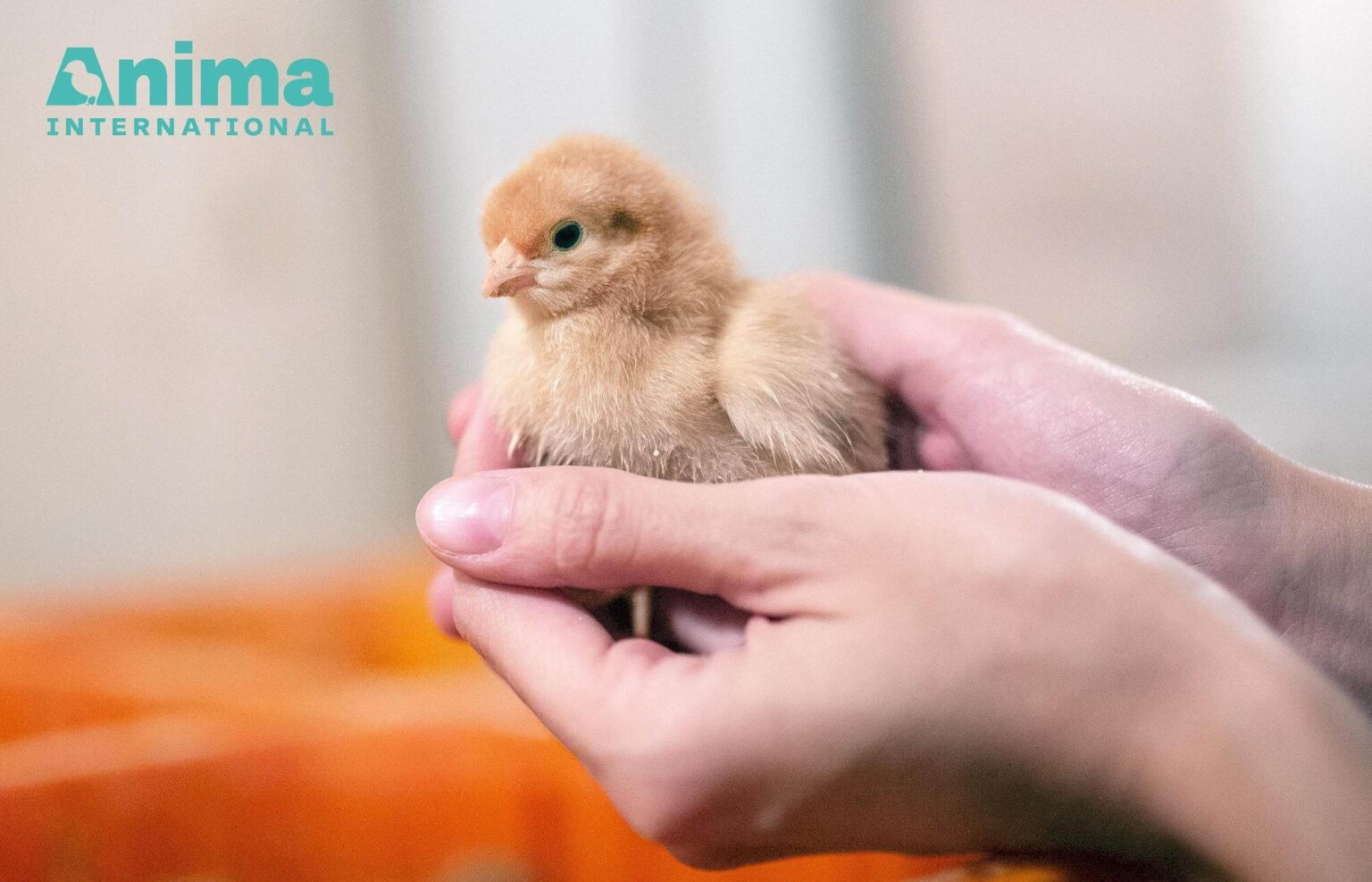
- In Poland, Anima International published two reports as part of their strategy of enhancing cage-free commitments implementation: a report describing changes in the polish egg industry and a ranking of retailers that are most advanced in their implementation of cage-free policies. Reports were followed up by one of the biggest chains in Poland, Kaufland, announcing it will speed up the process of withdrawing caged eggs.
- In Lithuania, Anima International ran an Easter campaign with the goal of reducing sales of caged eggs in the retail sector during that time. The campaign gained significant media coverage and achieved high engagement from four of the five biggest retailers, creating the momentum for our cage-free efforts.
- In Denmark, after months of dialogue with the largest retailer chain, the Salling Group is now phasing out faster growing chickens. Over the next months, they plan to replace 70%–80% of their current supply, approximately 20 million chickens, with a slower-growing variety. Meanwhile, Anima International plans to continue pressing the company to replace the remaining 20%–30%.
- Anima International’s Polish team, Otwarte Klatki, together with Compassion Polska, have announced that Carrefour, the first leading Polish retail chain, signed the ECC for its own brand of chicken meat.
- Otwarte Klatki published the first Polish report on the transport of live animals for economic purposes and hopes that the publication will serve as an incentive to change the law and improve the welfare of animals.
- Estonia has recently banned fur farming. Animal International’s Estonian team worked relentlessly on the lobby front, media work, and engaging the population to make it happen. They reached the goal of banning this practice with votes from all political parties.
Federation of Indian Animal Protection Organisations (FIAPO)
$59,996.87 grant
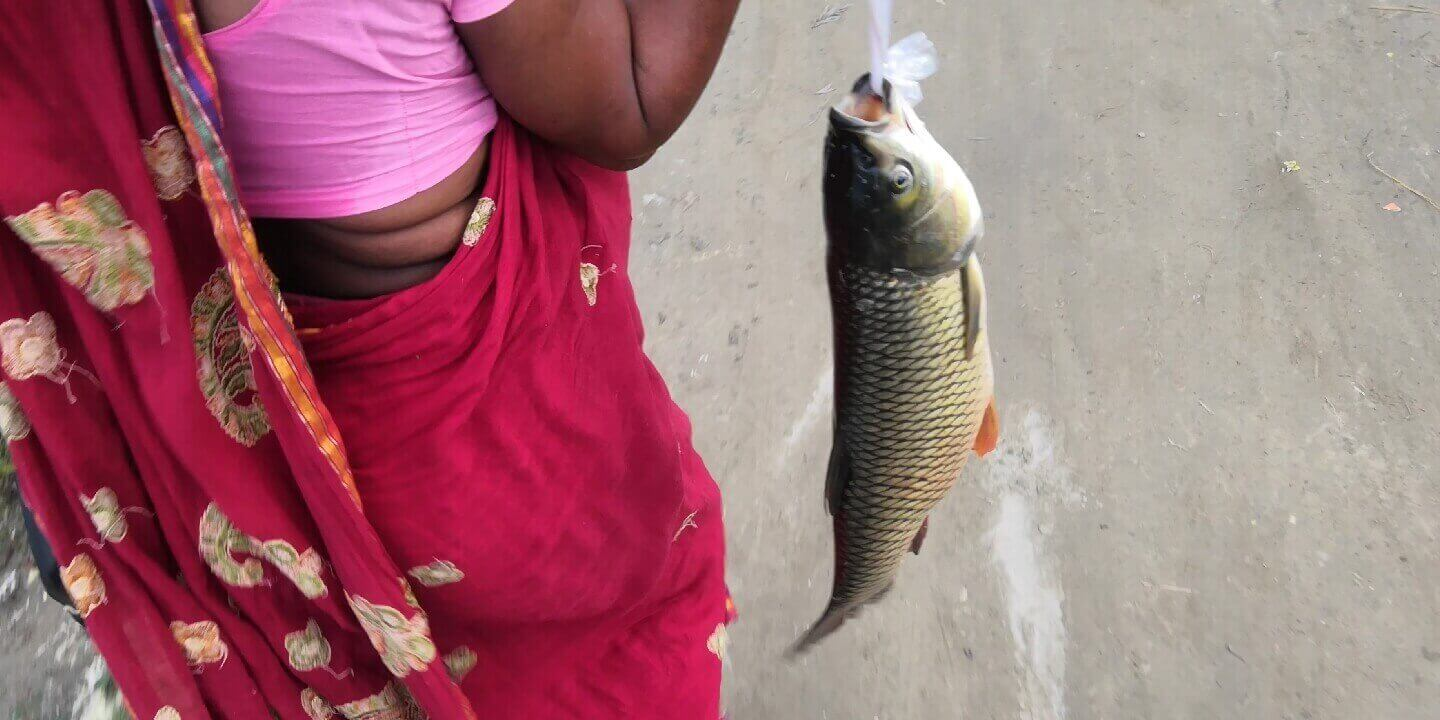
- The ACE grant helped FIAPO strategically expand their thematic work and organisational capacity.
- During the second wave of Covid-19, FIAPO’s network grew by 20 cities with 210 new volunteers. They built leadership skills of 34 grassroots activists in on-ground and online activism, and made 750 activists aware of specific issues through nine webinars. Activist cards were given to 117 activists.
- FIAPO expanded the Stop Slaughter Cruelty Campaign to a new state, Punjab, where they seeded an activist group. More than 30 complaints were filed in one city against illegal meat shops.
- FIAPO’s engagement with the Food Safety and Standards Authority of India (FSSAI) resulted in a directive for action against disease-prone illegal meat shops in the country.
- A webinar by FIAPO and Eurogroup for Animals made recommendations on how the E.U. and India could work together to improve animal welfare in trade relations, ahead of the E.U.-India trade summit. FIAPO followed with letters to heads of agricultural research and food safety institutions for the inclusion of animal welfare in trade relations.
- Following their investigation into aquaculture, FIAPO identified fisheries, institutes, colleges, and academics with whom they could explore collaborations. They held a webinar on fish cognition, intelligence, and sentience. FIAPO sought information from one state government on the framework to monitor and prevent water pollution from aquaculture. They also advocated with state and national authorities to act on their findings in an investigation into aquaculture farms in another state.
- FIAPO filed 30 Right to Information (RTI) applications to further their investigation into dairies.
- ziel gerecht, an organizational transformation firm specializing in animal rights, worked with FIAPO over six months to develop a plan for change management, aimed at creating a foundation for their strategy and growth. Now, FIAPO has in-house marketing and fundraising teams.
Compassion in World Farming USA (Compassion)
$59,996.87 grant
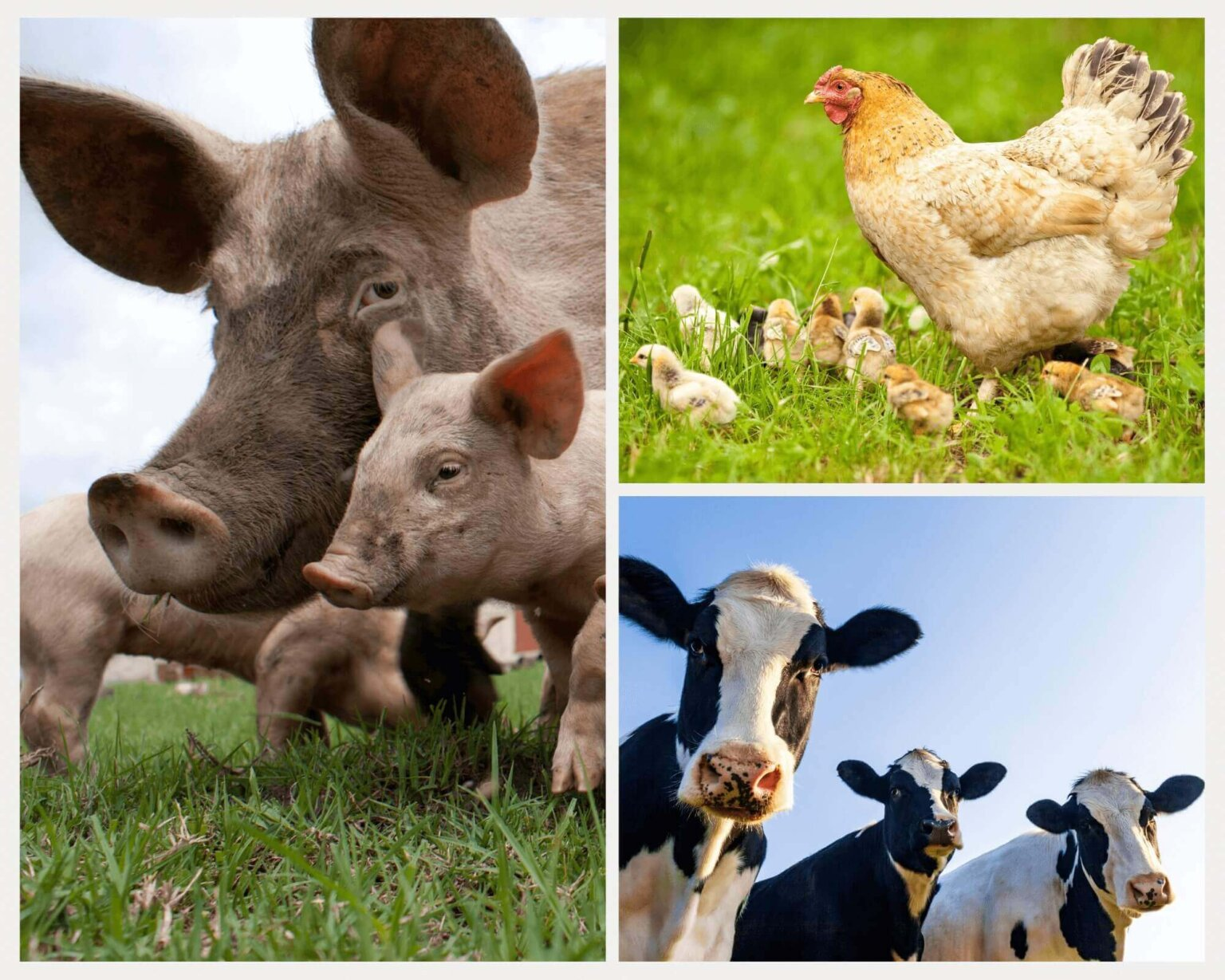
- In January, following years of campaigning in collaboration with several other organizations, the USDA officially withdrew a rule that would have given U.S. chicken slaughter plants the power to formally increase slaughter line speeds. The withdrawal of the rule is an important move for animal welfare, worker safety, and public health.
- In March, Utah Governor Spencer Cox signed S.B. 147 into law, banning the cruel cage confinement of egg-laying hens. Legislation goes into effect January 2025, eliminating unimaginable suffering for more than five million hens raised for egg production each year in the state. Utah is the eighth state to ban the caging of egg-laying hens.
- In April, Compassion launched its Evaluate Your Plate calculator, a novel, interactive tool that takes a comprehensive look at what we eat and how it affects the world around us—beyond greenhouse gases to land and water use, nutrient pollution, biodiversity loss, and impact on animals. The tool is two-in-one: Map Your Meal enables users to compare the sustainability of popular meals, and Examine Your Eating allows users to quickly and easily assess their overall diets. The tool is designed to inspire individuals, companies, and policymakers to pursue food choices that are good for animals, people, and the planet. Additional information about the tool and methodology can be found in this article and this animated video.
- Finally, earlier this year, following Compassion’s dialogue with the Special Supplemental Nutrition Programs for Women, Infants and Children (WIC) in Oregon and Colorado, both state programs opted to update their Approved Foods Lists (AFLs) to include cage-free eggs. As these lists specify which foods WIC recipients are permitted to purchase, this change has given more than 185,000 consumers access to more compassionate egg options.
Faunalytics
$59,996.87 grant
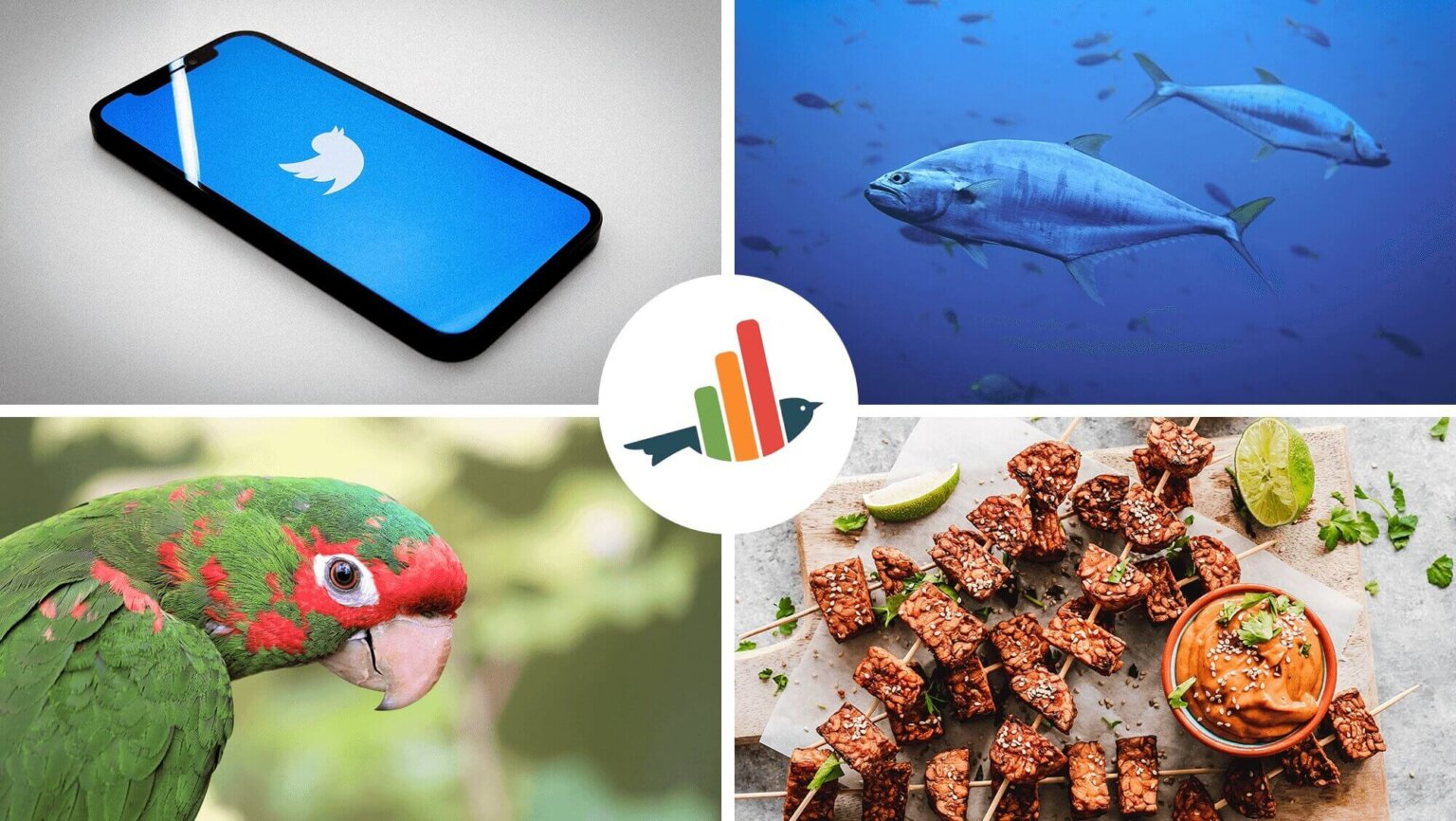
- Faunalytics’ Animal Advocacy Twitter Trends offers an in-depth look at the public’s interest in animal protection topics, exploring how engagement with animal-friendly diets, animal welfare, and other advocacy issues changed over the course of a year.
- Their longitudinal study, Going Vegan Or Vegetarian, provides advocates with the insight needed to help new veg*ns maintain a plant-based lifestyle.
- Their Ocean Life Fundamentals examines our relationships with ocean life and some of the key issues facing fishes, aquatic mammals, and other species based on the most recent and reliable data.
- In their U.S. Wildlife Imports analysis, Faunalytics assessed legal imports of animals and animal parts. Between 2000–2014, over three billion live organisms were imported to the U.S., 78% of which were taken from the wild.
- They overhauled their Research Advice resource hub, where advocates can find helpful information about every stage of the research process, from conducting a study to analyzing data to research ethics. Faunalytics also published a webinar on Designing Effective Surveys.
- Faunalytics conducted their annual Community Survey to learn how animal advocates are using their research and resources. They found that 96% of the sample agreed that their work is high-quality, and 84% thought their work was either “extremely” or “very” valuable to animal advocacy.
- Based on feedback from stakeholders, Faunalytics continues to build their collection of video resources through their Faunalytics Explains series. These two to three minute videos contain useful research findings and recommendations for effective advocacy.
- Faunalytics added over 50 new study summaries to their Research Library, and directly helped 47 advocates and organizations through their Office Hours program.
- They also welcomed two new Research Scientists to their team! Faunalytics is excited to increase their output and help advocates identify the most effective messages and strategies to ending animal suffering, faster.
Sinergia Animal
$59,996.87 grant
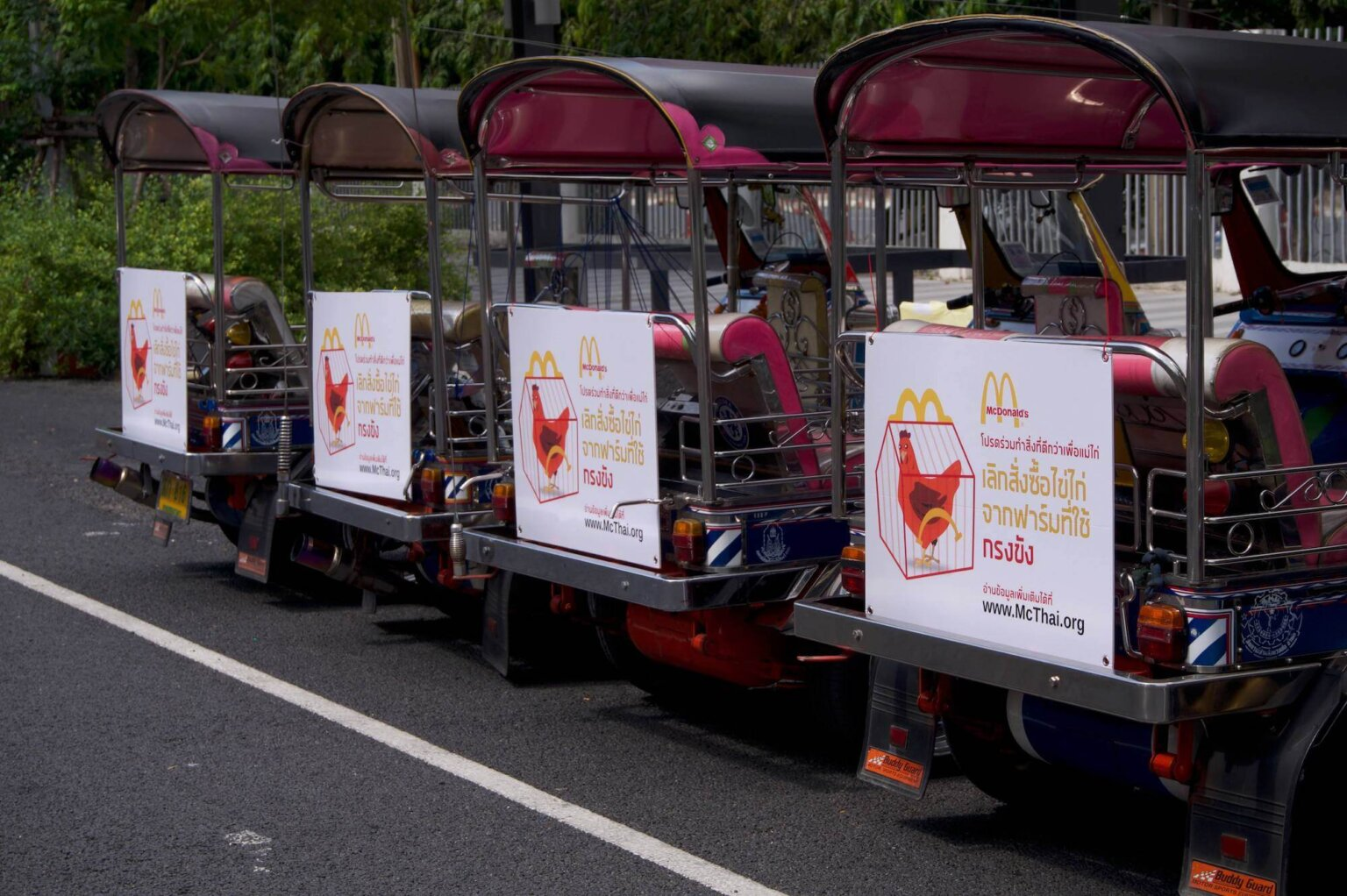
- Sinergia Animal released their Mid-Year Progress Report.
- They helped secure nine cage-free egg commitments in Latin America and Asia, covering over 50 brands and more than 40 countries.
- Sinergia Animal is finding innovative and safe ways to campaign and has resumed doing street actions. They paid for billboards for their McDonald’s campaign in Indonesia and Tuk Tuk ads running on the streets of Bangkok, Thailand (Tuk Tuks are three-wheeled open air transportation vehicles popular in Thai cities).
- After talks with Sinergia Animal and other NGOs, BNP Paribas, the largest bank in Europe, made improvements to their animal welfare policies.
- They had more than 32,000 new signups for their vegan challenges—more than 14,500 in Latin America, 8,800 in Indonesia, and 8,900 in Thailand.
- Two new institutions committed to implementing Sinergia Animal’s program to reduce consumption of animal products in Colombia. These institutions have the potential to serve 32,000 fewer meat dishes per week. The program was also launched in Argentina, Indonesia, and Thailand.
- They secured 306 media hits internationally. These pieces support their welfare and divestment campaigns, vegan challenges, and institutional reduction programs.
- Sinergia Animal is improving their work culture with measures such as leadership training on feedback and effective management skills. They are also reformulating their staff’s workload and responsibilities; developing codes of conduct and ethics, policies, organizational culture; and prioritizing representation, equity, and inclusion criteria for new hirings.
Good Food Fund (GFF)
$59,996.87 grant
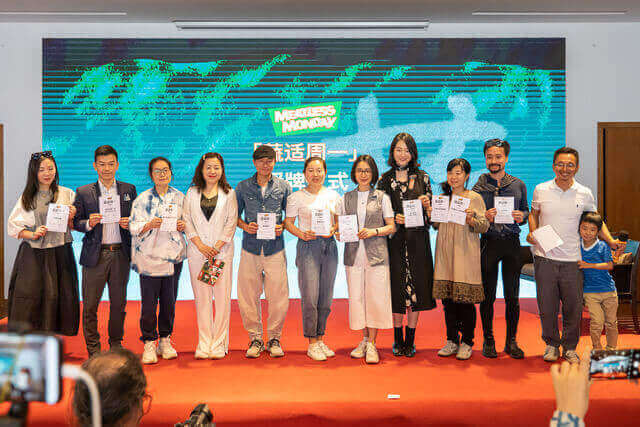
- GFF published several newsletters, some of which are available here in English.
- 2021 New Year World Relay attracted over 60 scholars, including Peter Singer. Artists, farmers, chefs, community organizers, and children from across more than 20 timezones joined to showcase their dinner plates for December 31, 2020. It attracted more than 650,000 views.
- Mama’s Kitchen was named one of the ten global Top Visionaries by the Rockefeller Foundation, and works to construct a network of community food activists.
- GFF hosted a webinar entitled Animal Welfare: Philosophy and Practices in Chinese Traditions.
- An annual Best Non-Profit Initiatives Award was awarded to GFF.
- GFF initiated, founded, and runs the China Action Hub for the United Nations Food Systems Summit (UNFSS) Action Track 2, the first national-level action hub for UNFSS, and a critical platform to contextualize the issues and support GFF’s partners’ actions in China.
- With Compassion in World Farming, GFF co-hosted the China launch of the Food System Impact on Biodiversity Loss report.
- They released the Good Food Report 2020.
- They launched an op-ed column on the paper.cn, a popular policy portal.
- They launched Meatless Monday China and started a national roadshow with Chef Ajun.
- Founder Jian Yi moderated a webinar featuring Professor Temple Grandin for Chinese animal welfare researchers and students.
- Good Food Champion Chef Lee started the nation’s first Good Food restaurant, championing Plant Forward and Animal Welfare.
- GFF representatives spoke worldwide, including UNFSS events, CIA’s Menus of Change 2021, and more.
- GFF launched a Youth Leader Network, a podcast, and the Handbook for WET Market Reform.
- They supported the launch of the China Vegan Society and promoted animal welfare concepts among vegan activists.
Sociedade Vegetariana Brasileira (SVB)
$59,996.87 grant
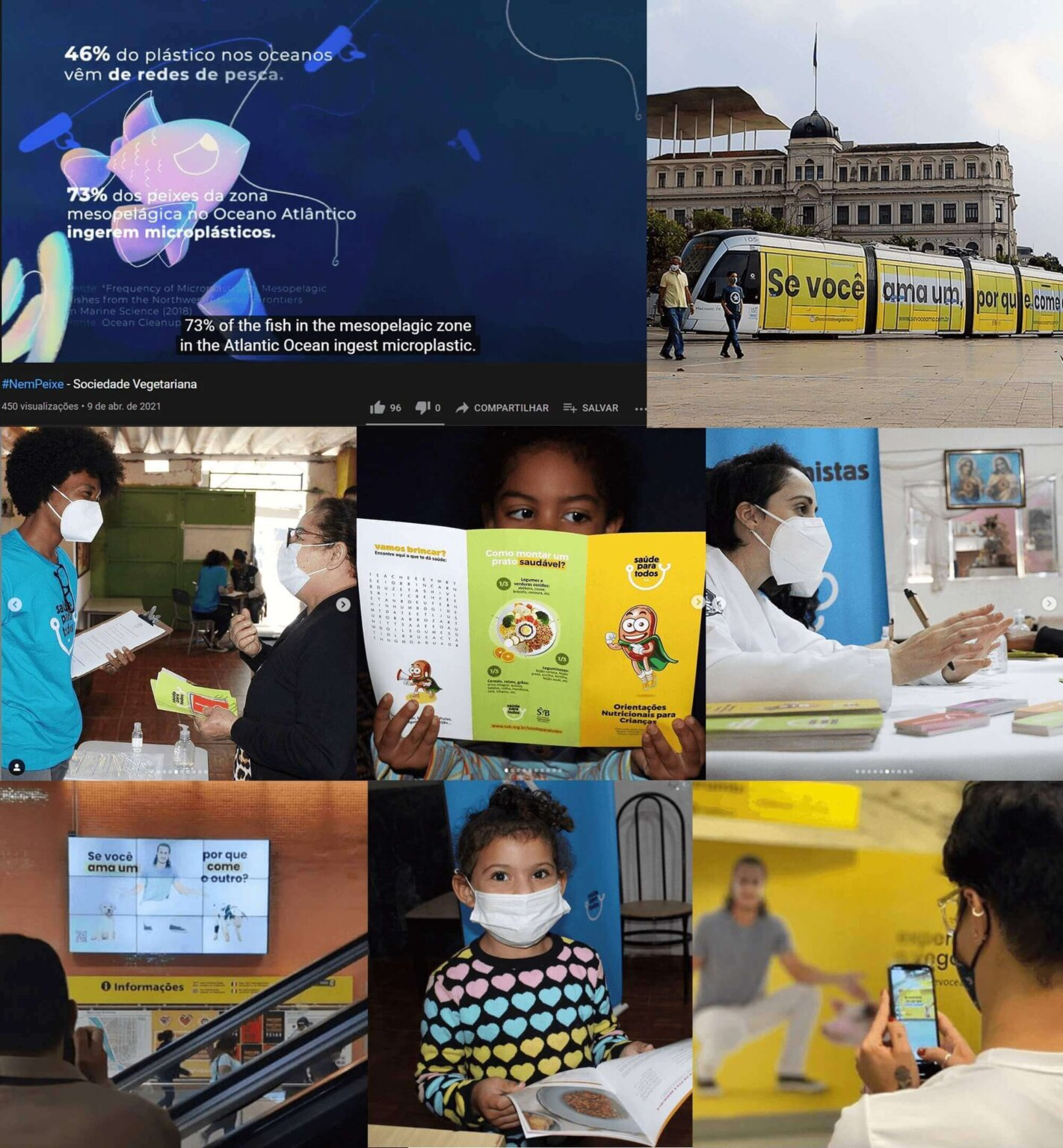
- SVB produced the #NemPeixe (#NoFish) video, taking advantage of the buzz around the documentary “Seaspiracy” and using the opportunity of the Easter holiday.
- They prototyped a new campaign, “Health for All,” which aims to provide dietary advice and alter meat consumption for thousands of low-income families in the suburbs of major Brazilian cities.
- SVB ran the media campaign “Why Love One and Eat the Other,” which was displayed to millions of people in both São Paulo and Rio de Janeiro. It was shown via mass media outlets that ranged from subway stations and trams to animated screens in elevators. It was also featured by one of the strongest agribusiness news magazines in Brazil. See the compiled video here. SVB also had the support of celebrities and influencers who posted about the campaign.
- They began covering the costs of dietitian appointments and blood tests for all staff members who do not have health insurance.
- Internally, they implemented quarterly individual staff evaluation with the department leaders, aiming to incorporate closer guidance and more frequent feedback.
- SVB began working with the Federal Council of Nutrition (CFN) to ensure the recognition of vegan and vegetarian nutrition as one of the official specialization fields of dietitians in Brazil (successful in May 2021).